While many people feel that social media has gotten out of hand, others still use these platforms to keep in touch with their loved ones from anywhere in the world. These platforms allow users to share with others their life’s progress including new purchases like cars and homes. Or a new addition to the family like a human or fur baby. While staying connected to those we love is nice, certain dangers are associated with social media. Here are 7 downsides to remember when sharing pictures of your kids on social media.
1. Privacy is Always in Question
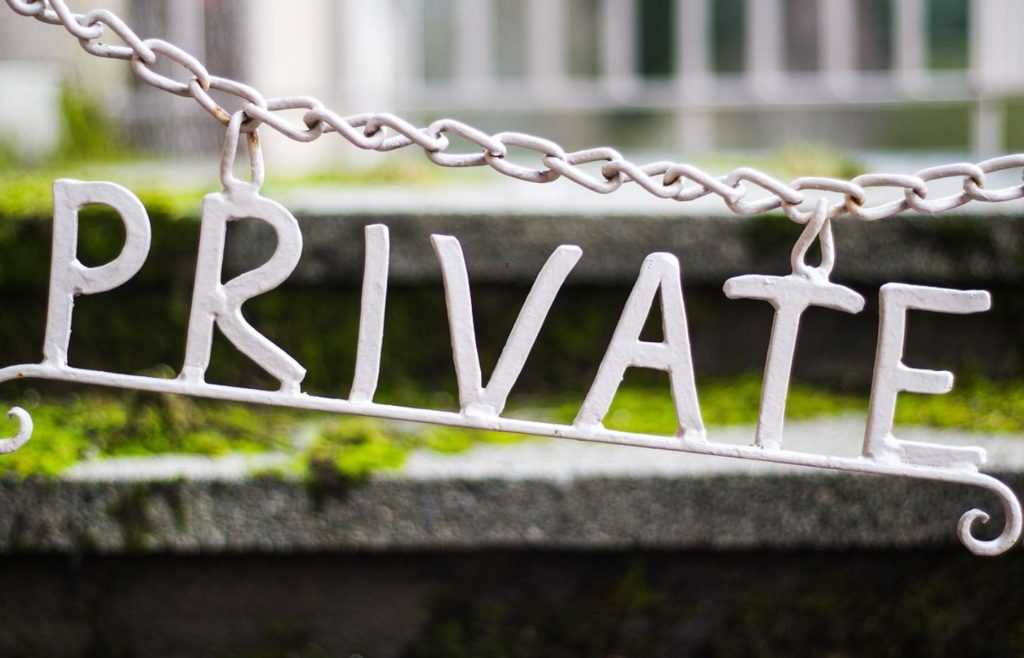
While many platforms allow one to tailor their privacy settings and preferences, there’s no sure way to remain completely anonymous. Profile pictures are still visible to all, and can be screenshotted. In some cases, this can endanger a child’s life. For example, a child who’s escaped an abusive home with one parent may become endangered. Although that’s an extreme example, many schools and daycares nationwide forbid staff to share pictures of students online without parental consent. Consequently, it’s a good thing to consider when posting pictures of your kids online. Either way, pictures can end up in the wrong hands.
Read More: 11 Year Old Uk Boy Died After Participating in Dangerous TikTok Challenge
2. Pictures of Your Kids Can Result in Kidnapping

In the age of technology, identity theft goes beyond social security numbers and credit card information. Many parents share pictures with their child’s first and last name and birthdate, making it incredibly easy for thieves to find social security numbers on the dark web and create a world of havoc for your kids. Apparently, 42% of posts on Facebook include a child’s name, while 19% of Instagram posts contain both the name and birthdate of the child. Sadly, this makes them extremely vulnerable to the possibility of becoming a victim of identity theft.
3. Trigger Warning from Sharing Pictures of Your Kids
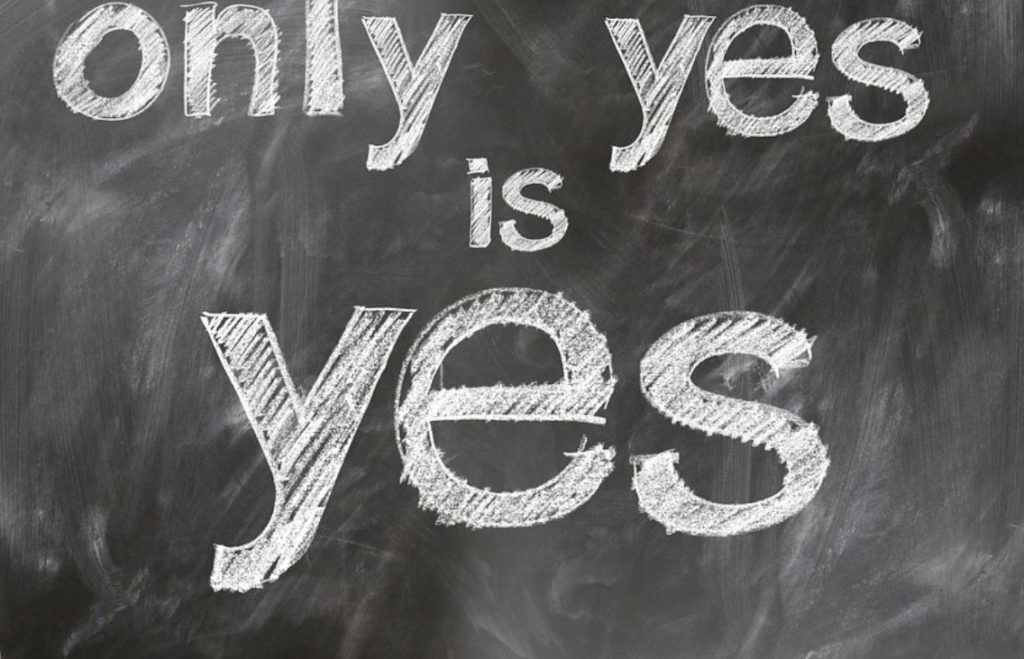
Sexual exploitation has become a rising problem, particularly as more social media platforms emerge as these platforms have been improperly used to make sexual exploitation of children easier. Consequently, many investigators report child abuse cases often involving photos or videos that have been shared on social media, noting that some things can be edited to include explicit content. For example, sharing seemingly innocent pictures of your child at the beach or pool may not be a great idea because they can become far more inappropriate in the wrong hands.
4. Pictures of Your Kids Can Cause Emotional Harm

While most parents hope not to embarrass their kids, others relish the idea. As such, you may want to post pictures of your kids doing embarrassing things. However, once it’s on the internet, it’s there forever. As a result, children may grow up constantly reminded of embarrassing things they’ve done or said. leading to severe emotional baggage. Interestingly, an 18-year-old Austrian girl sued her parents after they shared more than 500 embarrassing photos of her, and they had “negative real-life consequences,” she explained.
5. Metadata is Cause for Alarm
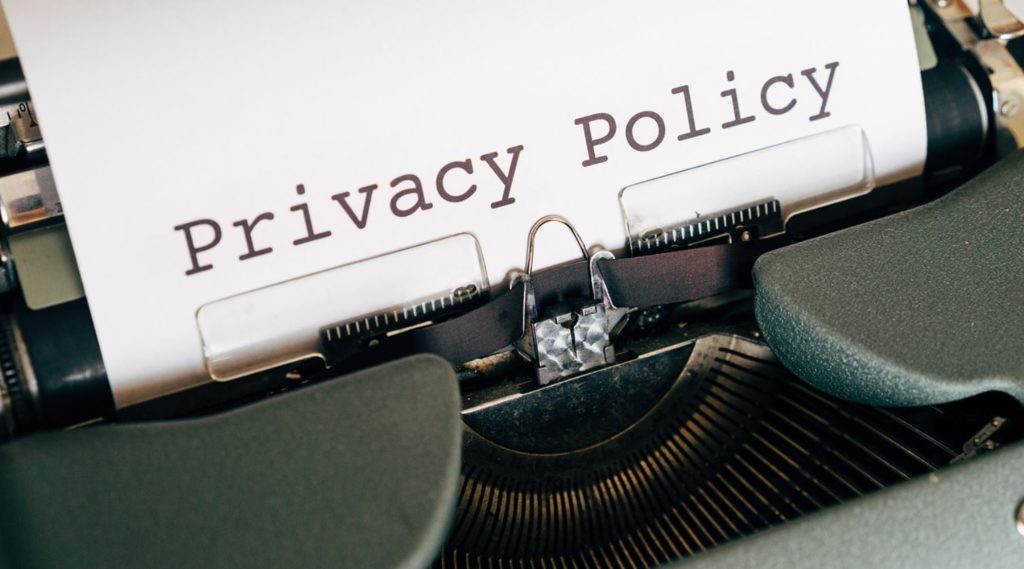
Sadly, online presences known as data brokers create profiles for companies that help these companies target audiences with ads. Furthermore, every picture, video, or post that is shared, comes with metadata and includes information like where the picture was taken or what type of person posted it. With metadata, children are more susceptible to having their information tracked and then are spammed with advertisements for all kinds of things, including those not deemed child-appropriate.
Read More: 15-year-old dies by suicide 2 days after telling his mom he was being bullied at school
6. Company Takeover

Most people know that large corporations have agreements and understandings with those controlling these platforms. As a result, they also have unlimited access and rights to everything posted or shared, and having things removed is a massive challenge. As such, it’s best to avoid sharing pictures of your kids if you don’t want their faces, names, or phases to be everlasting online, available for all to see.
7. Legislation is an Issue

Interestingly, lack of legislation seems to be increasingly problematic in major cities. However, it’s also problematic online. With little to no regulation regarding what’s posted or how things are shared, a lack of legislation is a huge danger associated with sharing pictures of your kids online. As a result, the UK created the CEOP, protecting children from online sexual abuse and grooming.
Information from Professionals
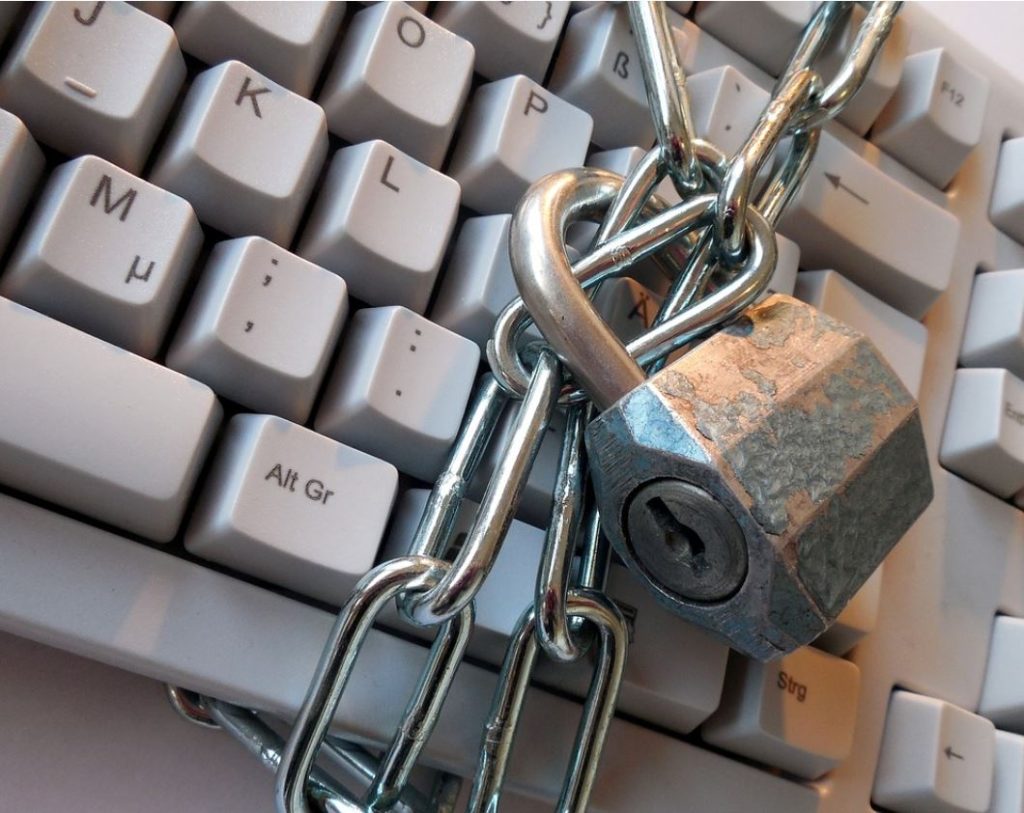
Sharing pictures of your kids online is a scary concept, especially as internet usage and access become more bizarre and invasive. Luckily, resources are out there to help parents make better and safer choices for their kids. For example, VPNOverview is a great one that analyzes data from VPNs and researches how to protect privacy and security better. “In this fast-evolving world of social media, sharenting can have serious consequences. Children are exposed to dangers as their parents set boundaries on their behalf regarding social media. While these dangers are worth considering, there are certainly ways you can safely share pictures of your family life online if you remain conscious of the possible consequences and consider the position of your child.” Explained a VPNOverview spokesperson.
Suggestions to Do Better
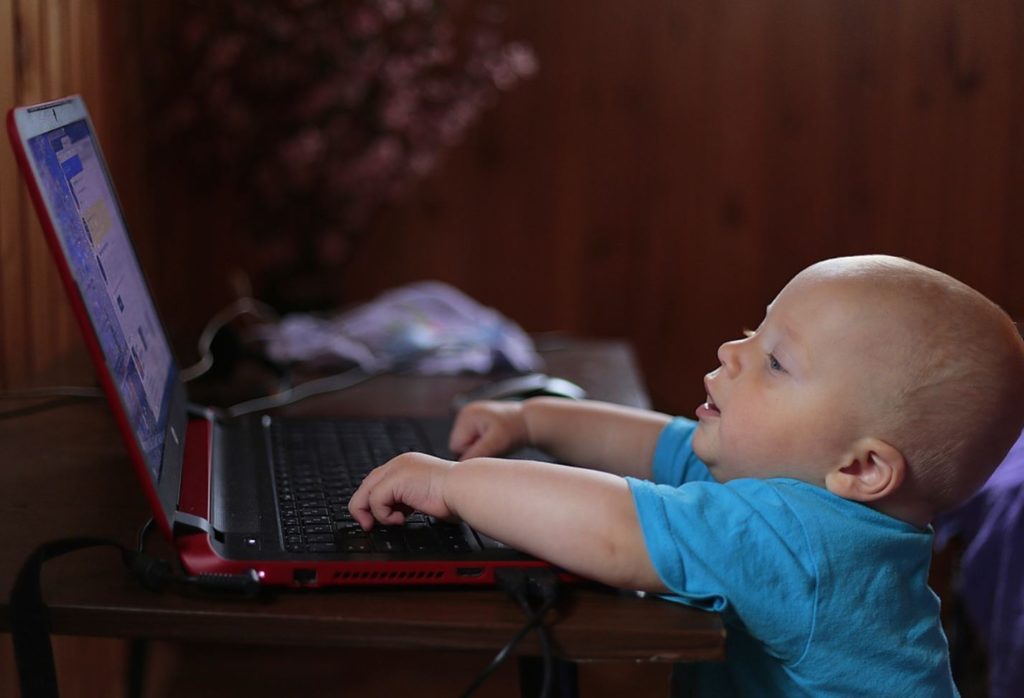
There are five major ways to prevent some of the dangers associated with sharing pictures of your kids online.
- Get your child’s consent
- Never share photos of other people’s children
- Switch to private emails instead of sharing content on social media
- Avoid nudity or partial nudity
- Limit confidential information
Sharing pictures of your kids with the world is a hard thing not to do, namely, if you’re an incredibly proud parent. However, it can be dangerous, and being as diligent and careful as possible is the only sure way to protect children from many of these dangers.
Read More: Shocking Ad Cautions Parents Against Sharing Photos of Their Kids Online
Sources
- “The seven major dangers of posting photos of your kids online.” Lifestyle Daily. November 23, 2022.
- “Extensive research on VPNs, online privacy, security, and internet freedom.” VPN Overview.

